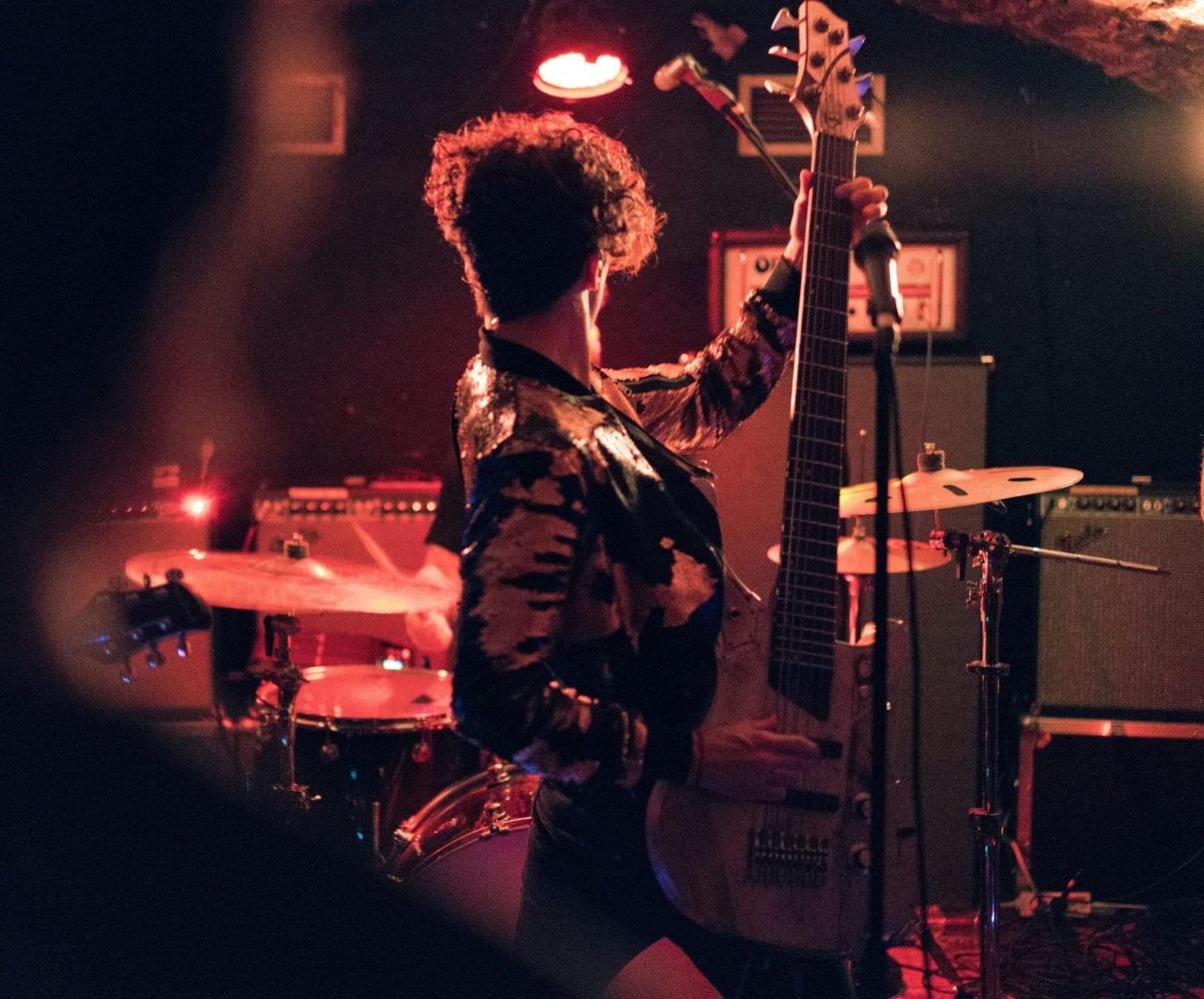🌍 Does the United Nations Really Work for Human Rights and Peace? Or Is It a Puppet Organization of Israel?
The United Nations (UN) was founded in 1945 with the mission to maintain international peace, protect human rights, deliver humanitarian aid, and uphold international law. But in the wake of ongoing conflicts like the Israel-Gaza issue, many around the world are asking a bold and controversial question:
Is the UN truly fulfilling its purpose — or has it become a biased, ineffective entity, particularly in the context of Israeli actions in Palestine?
🕊️ The UN’s Mission: Peace and Human Rights
The UN Charter clearly outlines its objectives:
- Promote peace and security
- Uphold human rights
- Ensure justice and international cooperation
Over the decades, the UN has intervened in wars, conducted peacekeeping missions, and established councils like the UN Human Rights Council (UNHRC) to investigate violations globally.
So, on paper, the UN appears to be a neutral body working for global justice. But when it comes to Israel and Palestine — the story gets complicated.
🇵🇸 The Israel-Gaza Conflict: A Test of the UN’s Integrity
The Israel-Gaza conflict has been one of the most brutal and long-standing humanitarian crises in modern history.
Thousands of civilians — including women and children — have died in Gaza due to military operations, blockades, and airstrikes.
Despite this, many accuse the UN of failing to hold Israel accountable.
Here’s why:
- Numerous UN resolutions condemning Israeli settlements in occupied Palestinian territories have been ignored by Israel — with little to no consequences.
- The US, a permanent member of the UN Security Council, has repeatedly used its veto power to block resolutions against Israel.
- UN aid agencies like UNRWA (working for Palestinian refugees) often operate under extreme restrictions and threats.
This has led many observers and human rights advocates to argue that the UN is unable or unwilling to act effectively when powerful countries protect their allies.
🇮🇱 Is the UN a Puppet of Israel?
To call the UN a “puppet” of Israel is an extreme stance — but it reflects widespread frustration among global citizens. The perception stems from:
- Lack of enforcement: Israel frequently ignores UN warnings and continues settlement expansions.
- Imbalance in justice: Palestinian resistance is often labeled as terrorism, while state violence is seen as “self-defense.”
- Selective action: The UN has taken swift action in some global crises, but appears slow and powerless when it comes to Israel’s actions.
However, it’s important to understand that the UN is not a single entity. It’s made up of member states — and powerful nations like the US influence key decisions, especially in the Security Council. That’s where the real power imbalance lies.
🧭 So, What’s the Truth?
The UN has not remained completely silent. Many of its agencies continuously publish reports condemning human rights abuses in Gaza. UN officials have often used strong language criticizing Israeli actions. But without real enforcement power, these words often fall flat.
The issue lies in structural imbalance and political pressure, not necessarily the intentions of the UN as a whole.
⚖️ Final Thoughts
To answer the question:
Does the UN really work for peace and human rights? — Yes, in many parts of the world, the UN does play a critical humanitarian role.
Is it a puppet of Israel? — Not exactly, but when it comes to Israel-Palestine, the influence of powerful allies like the US severely limits the UN’s ability to act justly and effectively.
The world needs reform in global governance — where no state can act above international law. Until then, organizations like the UN will continue to face criticism and questions about their neutrality.
📢 What Do You Think?
Do you believe the UN is truly neutral? Or do you think it’s time for global citizens to demand a reformed, fairer international system?
Leave your thoughts in the comments below.
❓ Frequently Asked Questions (FAQ)
1. Has the United Nations taken any action on the Israel-Gaza conflict?
Yes, the UN has passed several resolutions condemning Israeli actions and has provided humanitarian aid to Gaza through agencies like UNRWA. However, the implementation of these resolutions has been largely ineffective due to political pressure and lack of enforcement.
2. Is the United Nations biased toward Israel?
Many critics believe the UN is too lenient toward Israel, primarily because powerful countries like the United States often veto resolutions that go against Israeli interests. This creates a perception of imbalance or favoritism.
3. Is the UN a completely neutral organization?
In theory, the UN is meant to be neutral and uphold international law. But in practice, its decisions are often influenced by the political interests of its most powerful member states — especially the five permanent members of the Security Council (U.S., U.K., China, Russia, France).
4. What should the UN’s role be in the Israel-Palestine conflict?
The UN should:
- Push for immediate ceasefires and negotiations
- Ensure the delivery of humanitarian aid to civilians
- Hold all parties accountable under international law, regardless of political alliances
5. How can ordinary people hold the UN accountable?
People can:
- Raise awareness through media and social platforms
- Support advocacy groups that pressure the UN for action
- Engage in peaceful protest and write to their representatives to demand fair international policies
6. Why does the US veto UN resolutions against Israel?
The United States and Israel share strong diplomatic, military, and economic ties. As a permanent member of the UN Security Council, the U.S. often uses its veto power to block resolutions that could impose sanctions or serious criticism on Israel. This has raised concerns about impartiality and the balance of power within the UN.
7. Has the UN ever sanctioned Israel?
While the UN has criticized Israel through numerous resolutions, it has not imposed enforceable sanctions, largely due to US vetoes and lack of consensus among member states. Unlike other countries that have faced sanctions (e.g., Iran, North Korea), Israel has not been subjected to similar punitive actions through the UN.
8. How does the UN help Palestinians?
The UN provides significant humanitarian assistance through agencies like:
- UNRWA (United Nations Relief and Works Agency) — supporting Palestinian refugees with food, education, and healthcare.
- OCHA (Office for the Coordination of Humanitarian Affairs) — monitoring the humanitarian situation and coordinating aid in Gaza and the West Bank.
However, these agencies face funding cuts, political pressure, and restricted access in conflict zones.
9. Are there UN reports condemning Israeli actions?
Yes, multiple UN reports have documented:
- Excessive use of force by Israeli forces
- Civilian casualties in Gaza
- Expansion of illegal settlements
- Humanitarian law violations
Yet these reports often result in no legal consequences, leading to public frustration about the UN’s effectiveness.
10. Do other countries support Palestine in the UN?
Yes. Countries like Turkey, Malaysia, South Africa, and several Arab and African nations frequently support Palestinian rights at the UN. However, without the support of powerful Security Council members, their efforts often lack global enforcement.
11. Is the UN capable of reform?
There is growing global demand for reforming the UN, especially:
- Abolishing or limiting the veto power
- Ensuring better representation for developing nations
- Making peacekeeping missions more effective and accountable
However, real reform is difficult, as it requires approval from the very powers that benefit from the current system.
12. Why do many people distrust the UN today?
Distrust stems from:
- Perceived bias and inaction in major conflicts (Israel-Palestine, Syria, Myanmar, etc.)
- Failure to prevent genocides or wars, despite warnings
- Lack of accountability for powerful countries
📌 NB:
This post aims to encourage critical thinking and informed dialogue about the role of international institutions in global conflicts.
We do not endorse violence, hatred, or discrimination against any nation, religion, or group. The content is based on publicly available information, documented UN actions, and global perceptions surrounding the Israel-Gaza conflict.
Our intention is to ask questions, highlight inconsistencies, and explore whether international systems are truly serving justice and peace for all people — regardless of politics or power.




